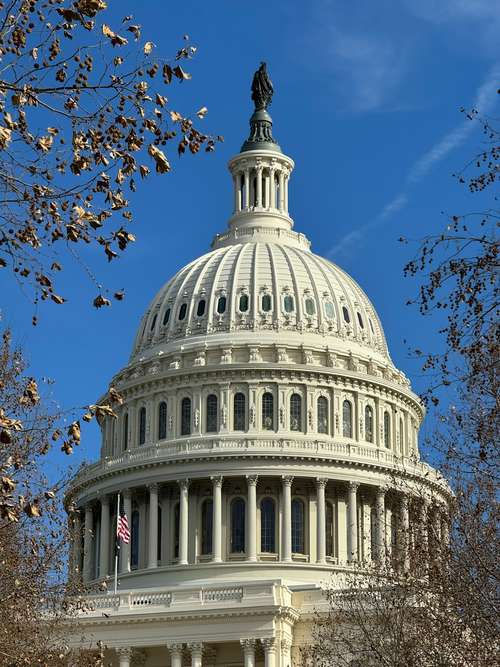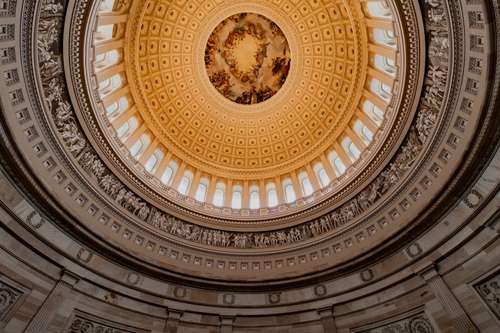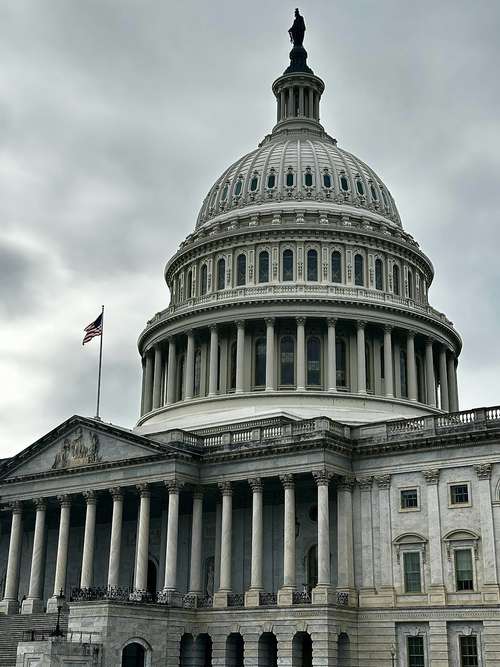As the national debt climbs to staggering heights, Elon Musk has issued a bold warning that could shake the foundations of the U.S. economy: without immediate fiscal reforms, the country may be staring down the barrel of bankruptcy. In a climate where government spending is under scrutiny, Musk’s insights bring urgency to an already critical conversation.
With his unique perspective as a leading innovator and business mogul, he underscores the necessity for sweeping reforms to avert a financial crisis. As debates heat up over how to manage the national debt, Musk’s call to action serves as a crucial reminder that time is running out.
The National Debt Crisis
The U.S. national debt has reached alarming levels, surpassing $33 trillion. This escalating debt poses a significant risk to the country’s financial stability, prompting calls for urgent reforms to address government spending practices. Musk has been vocal about the need for drastic measures to rein in expenditures, suggesting that without immediate action, the U.S. could face dire economic consequences.
Musk's economic warning highlights a broader sentiment among economists and policymakers who fear that unchecked spending could lead to a fiscal crisis. The implications of such a crisis would be far-reaching, affecting everything from social services to national security.
Proposed Government Spending Reforms
Musk has advocated for sweeping reforms aimed at reducing government waste and inefficiency. He suggests that substantial cuts—potentially in the realm of $2 trillion—are necessary to stabilize the economy and prevent a financial meltdown. These proposed cuts would target various federal programs, including those deemed non-essential.
Critics of Musk's approach argue that such drastic reductions could jeopardize vital services that millions of Americans rely on, including healthcare, education, and infrastructure investments. The potential fallout from these cuts raises questions about the balance between fiscal responsibility and maintaining essential government functions.
Economic Consequences of Inaction
Ever since the national debt needle crossed the $3Trillion mark for the first time in 2022, concerns about an impending crisis took a new, heightened form. Failure to address the national debt crisis could lead to severe economic repercussions.
Musk warns that without immediate reforms, the U.S. risks entering a cycle of increasing debt and declining economic growth. This scenario could ultimately result in U.S. bankruptcy, with the government struggling to meet its financial obligations.
The consequences of such a situation would be profound: rising interest rates, decreased investor confidence, and potential cuts to social programs could all become realities if fiscal reforms are not enacted swiftly. Economists emphasize that addressing these issues is critical not only for maintaining financial stability but also for fostering long-term economic growth.
Public Reaction and Political Implications
Musk's comments have sparked discussions across social media platforms and among political commentators. Supporters argue that his warnings serve as an important wake-up call for policymakers to prioritize fiscal responsibility. However, detractors caution against overly aggressive cuts that could harm vulnerable populations.
The political landscape surrounding these issues is complex, as lawmakers grapple with competing priorities and differing views on how best to manage government spending. As Musk continues to advocate for reform, his influence as a prominent business leader may shape public discourse on fiscal policy in the coming months.
Final Thoughts
Elon Musk's stark warning about the potential for U.S. bankruptcy underscores the urgent need for comprehensive government spending reforms in light of the national debt crisis. As debates continue over how best to address these challenges, it is clear that decisive action is required to ensure the long-term stability of the U.S. economy.
The path forward will require collaboration among policymakers, business leaders, and citizens alike to navigate this complex landscape and develop solutions that balance fiscal responsibility with the need for essential services. Without such efforts, the risks associated with escalating national debt may become increasingly difficult to manage.




